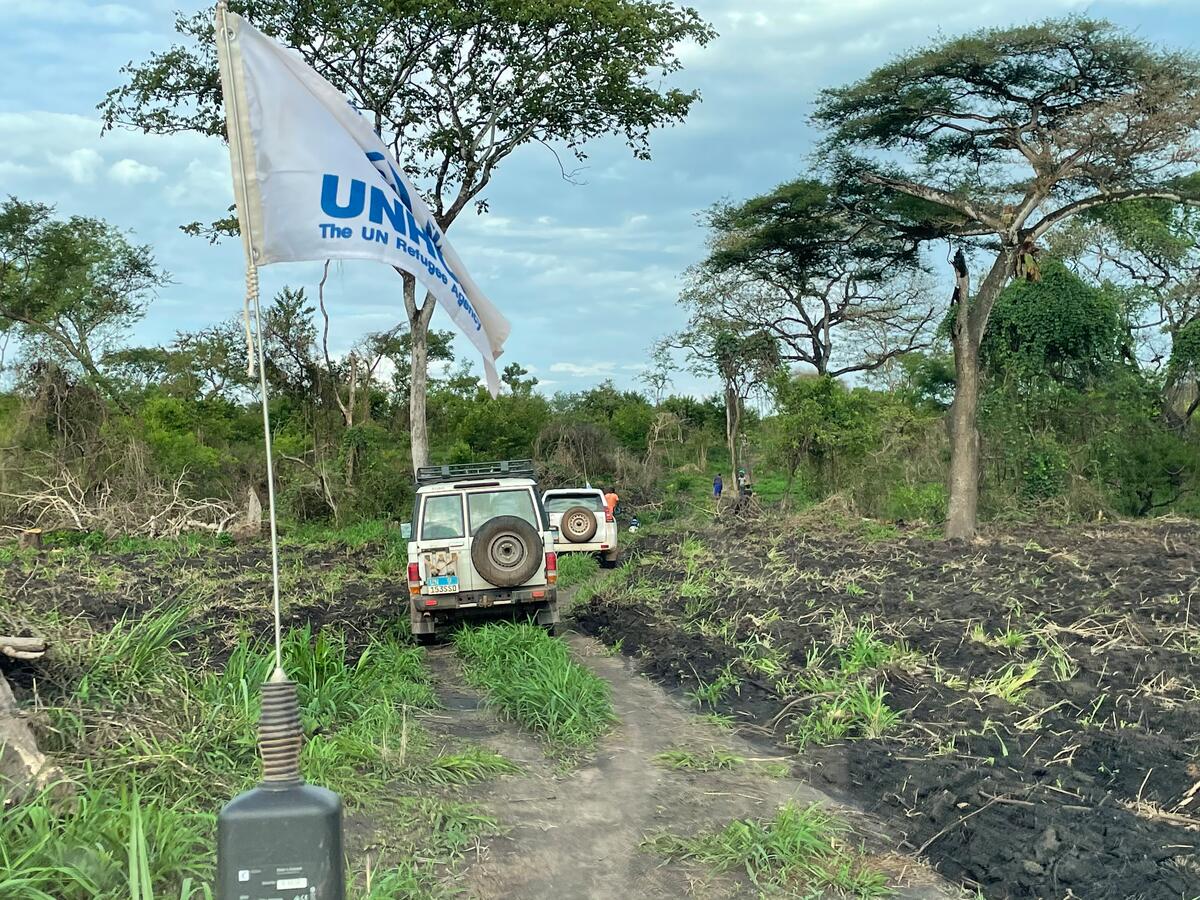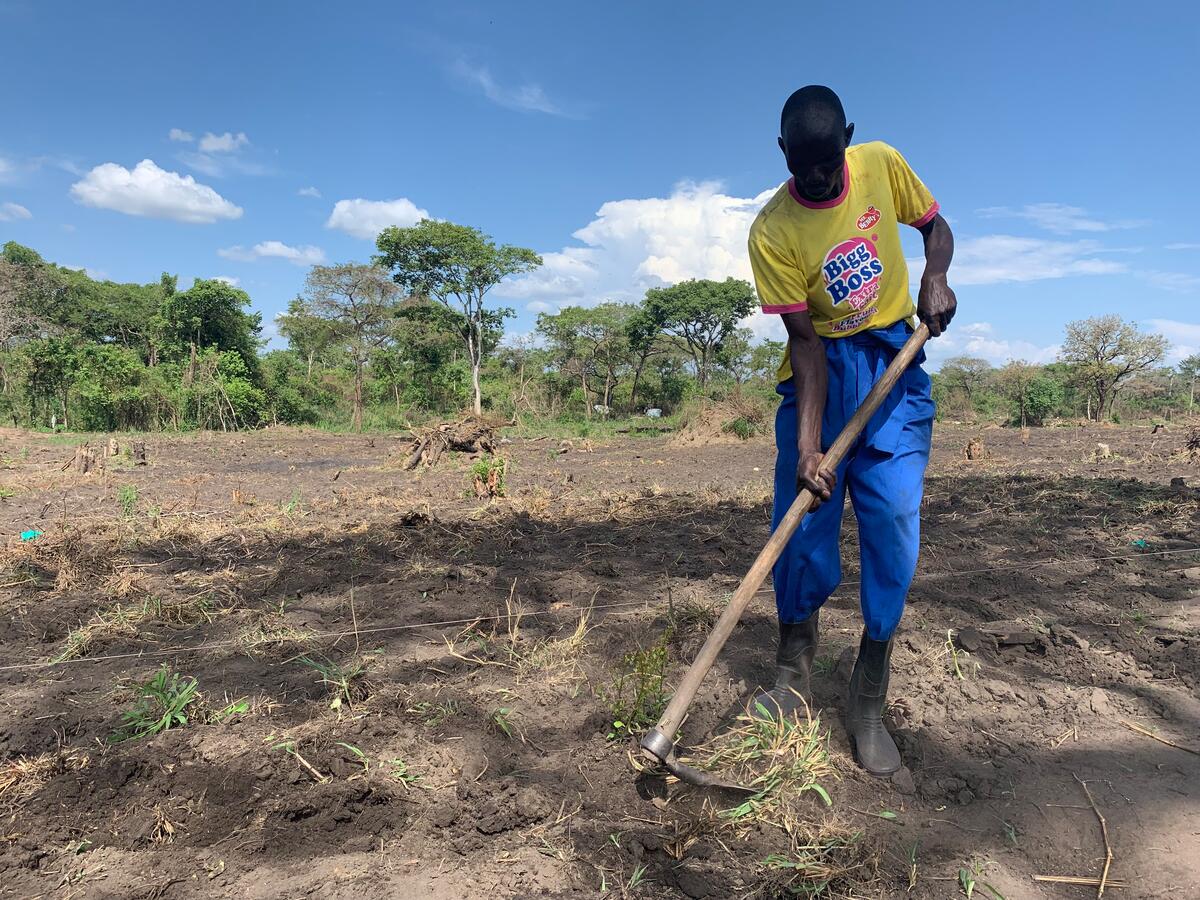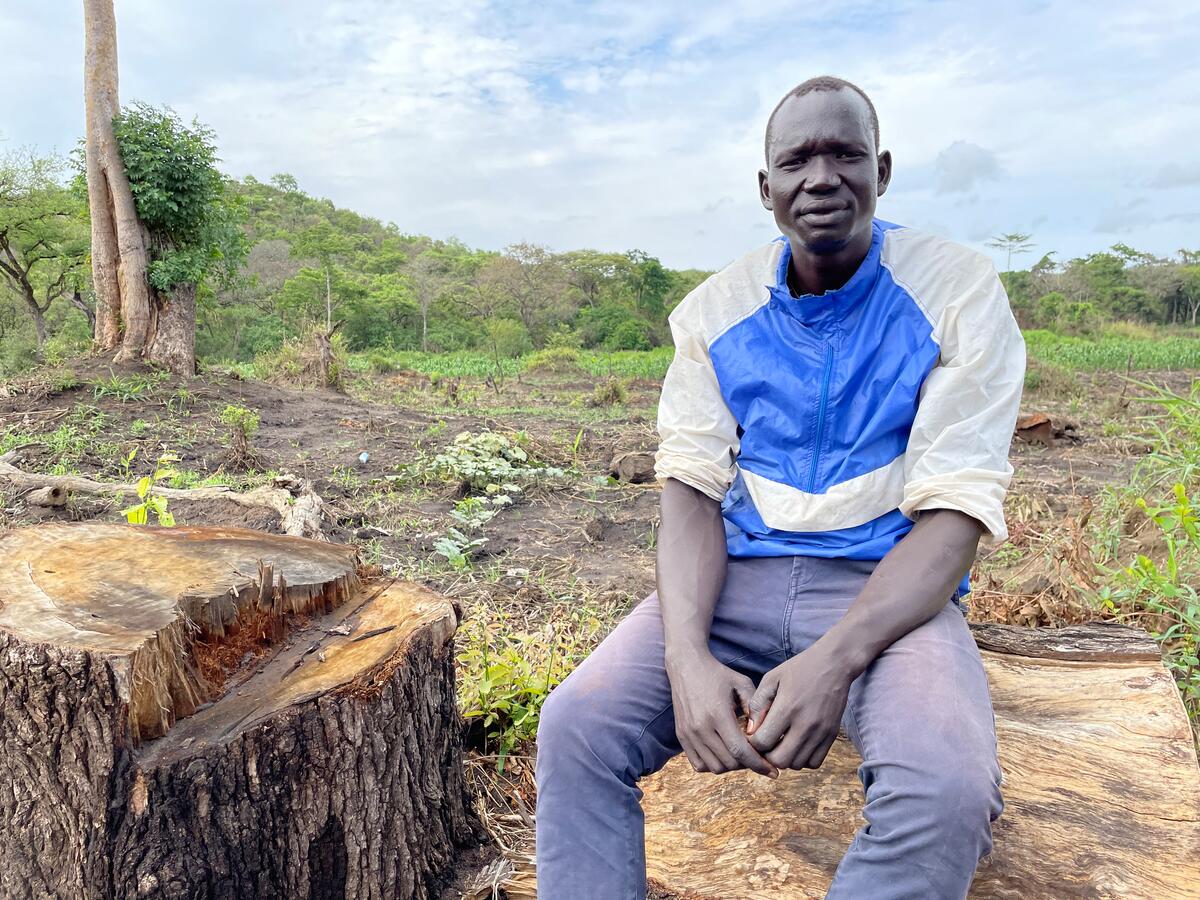Supporting 'Pockets of Hope' in South Sudan

Supporting 'Pockets of Hope' in South Sudan
Despite flooding, inter-communal violence and economic instability, there are clear signs of hope in South Sudan.
Since the revitalized peace agreement in 2018, over half-a-million South Sudanese refugees have returned home.
Without encouragement or assistance, leaving the security and safety of refugee camps, their actions demonstrate hope for the future of South Sudan. They are voting with their feet.

Their return is not generalized, but to areas with a low risk of conflict, relative economic stability and food security. They are heading home in places where they can access basic services, where local authorities are supportive, and where earning a livelihood is possible.
We at UNHCR South Sudan believe that the counties to which refugees are returning can represent ‘pockets of hope’ – places where people are making peace, and where money spent is money invested in an orderly, green future for South Sudan.
Together with our government and international partners, we are modelling a pockets of hope approach that takes as a starting point refugee and returnee agency, and as its end-point areas where all people regardless of status have a chance at integration and economic progress.
Enabling refugees and internally displaced people to support themselves, not only allows them to give back to their host communities. Investing in them is an investment in South Sudan’s future that will pay long-term dividends not only for refugees, South Sudanese but also the wider region.
This approach has begun in seven states across South Sudan. Find out more about the pockets of hope programme as it gets underway, and discover just how support for peacebuilding, income generation, and the integration of returnees is already making lives better in participating areas




